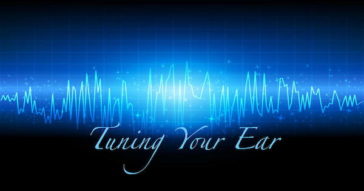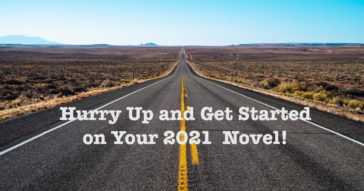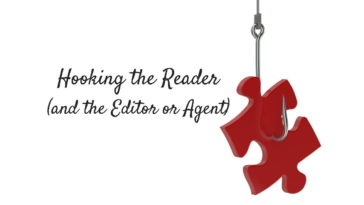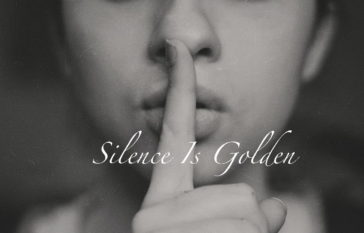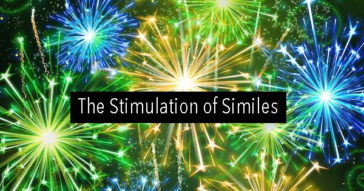Tuning Your Ear
Birds can imprint on voices before they are hatched. And studies confirm that we humans hear sounds before we are born—our mother’s heartbeats, intestinal sounds, music, and the rise and fall of spoken language. Further, researchers have found that fetuses who are spoken to in a variety of pitches have an increased interest in sounds, and the inflections in sound, after birth. Now, isn’t that what’s happening to us as poetry lovers when we hear a poem that just “feels … Read More »

